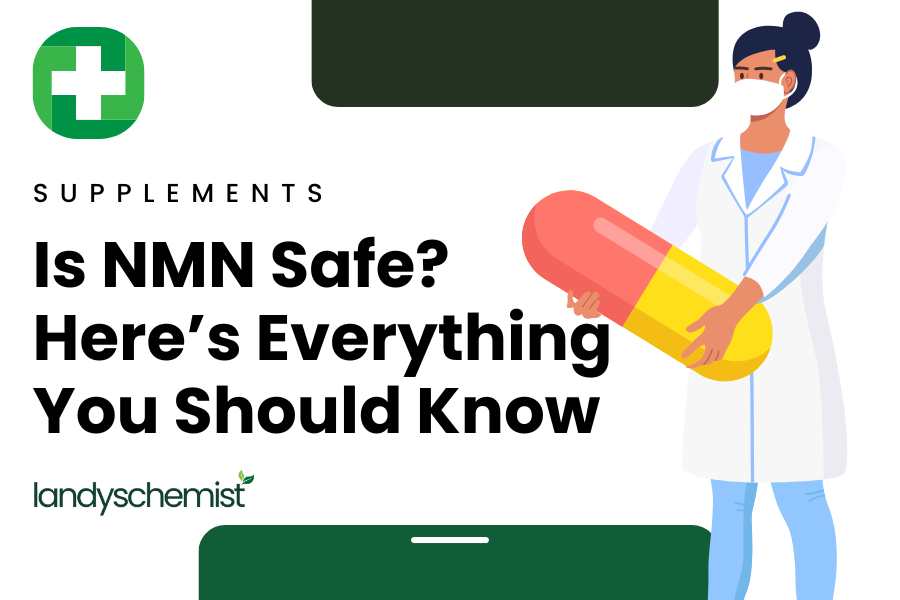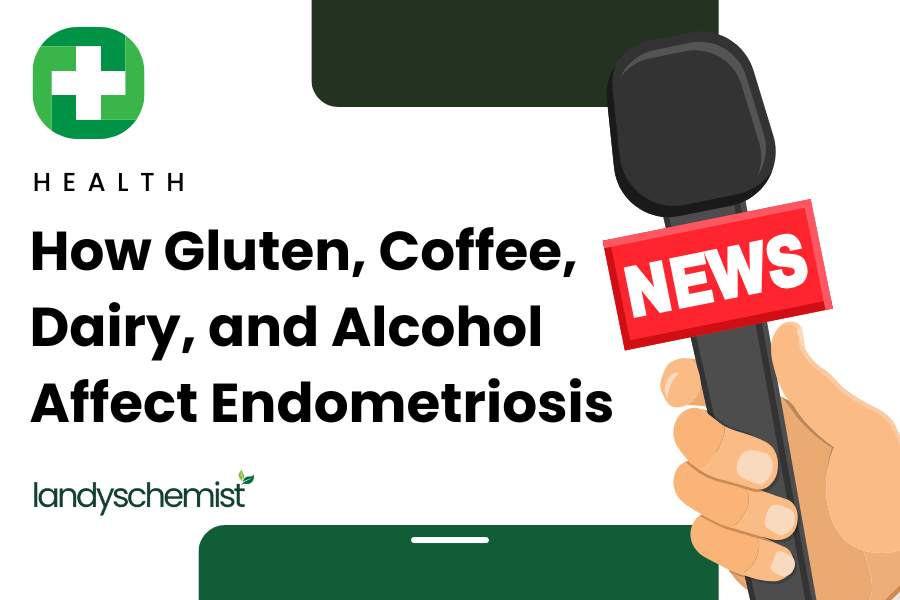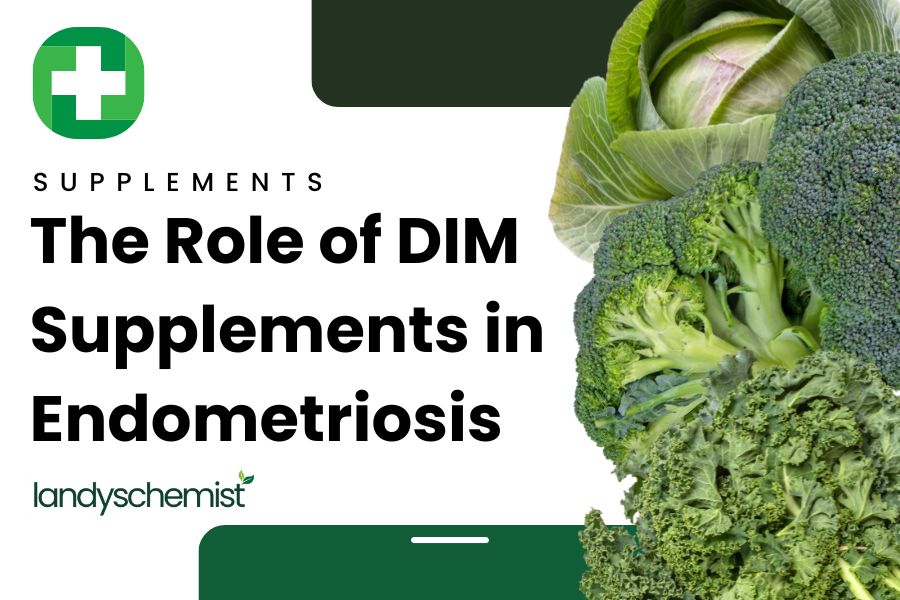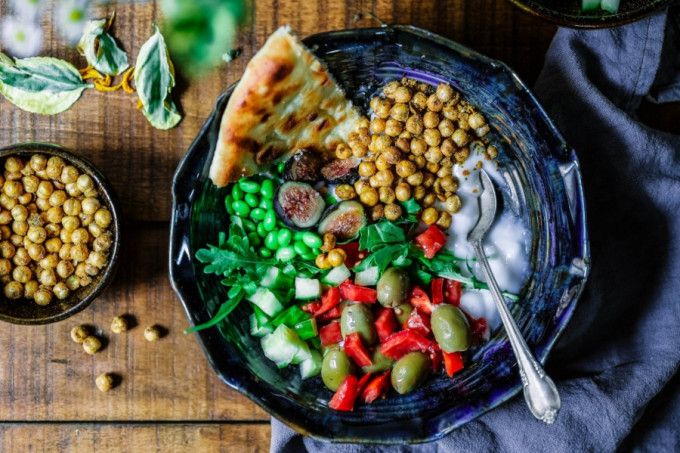
What To Eat Before & After A Workout
By: Panasha Desai, Pharmacist
Starting a new training regimen? Determined to feel fitter at last? Before you start working out, you need to think about how you are going to fuel your exercise. We often hear about how athletes and professional sports players eat and how important their diets are to their success. Well, it’s the same for you – although you won’t necessarily have to be super strict to start to benefit.
There are certainly ways in which the type of exercise you are doing will change the nutrition that your body needs to do its best, so we want to focus on the fundamental rules and advice first. Put simply, what you eat before a workout and what you eat after a workout.
We’ll start with a look at pre workout nutrition, examining what you need nutritionally, why and where to get it, then we’ll look at the same for post workouts.
Pre Workout Nutrition
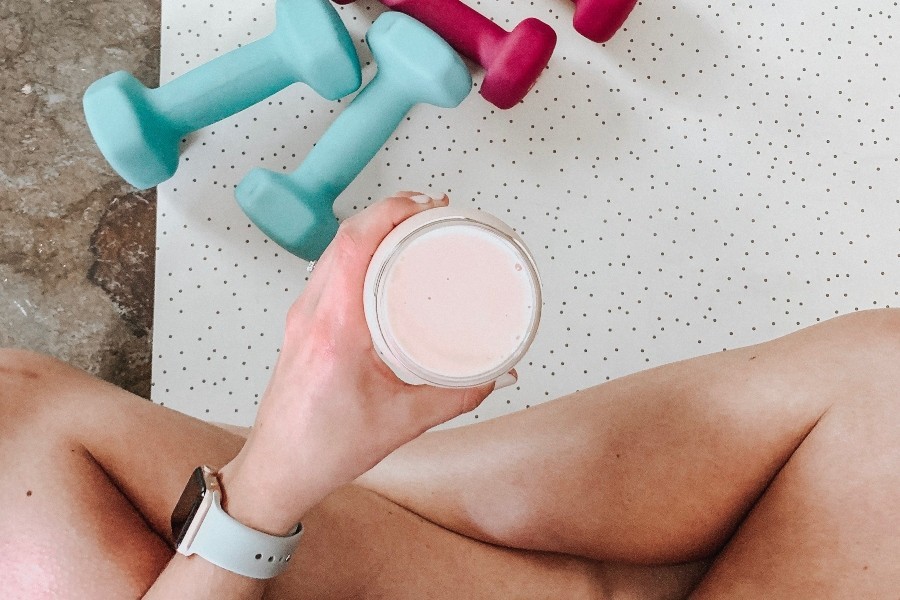
You need to properly fuel your workout in order to get the most of it. You need the right nutrition to power your muscles and allow them to go harder for longer.
You’ll feel more empowered when working out if you don’t tire early on. New Year’s fitness resolutions are broken that much faster when you feel like you are failing, when really you are just not giving your body what it needs. As Men’s Health put it: ‘If you don't fuel yourself properly before exercises, you'll be less energised, weaker and will fatigue faster than normal’
When To Eat Pre Workout
How long it is before your workout will change what you should eat and how much of it. The NHS advises eating between 1 and 3 hours prior to your workout. More specifically, and this is shared among most personal trainers and fitness instructors, you should be eating less right before a workout, but can eat a larger meal if its a few hours before.
A rule to follow is:
- 1 hour before workout – a light snack or protein shake.
- 3 hours before workout – a proper meal, like breakfast or lunch.
What To Eat Before Your Workout
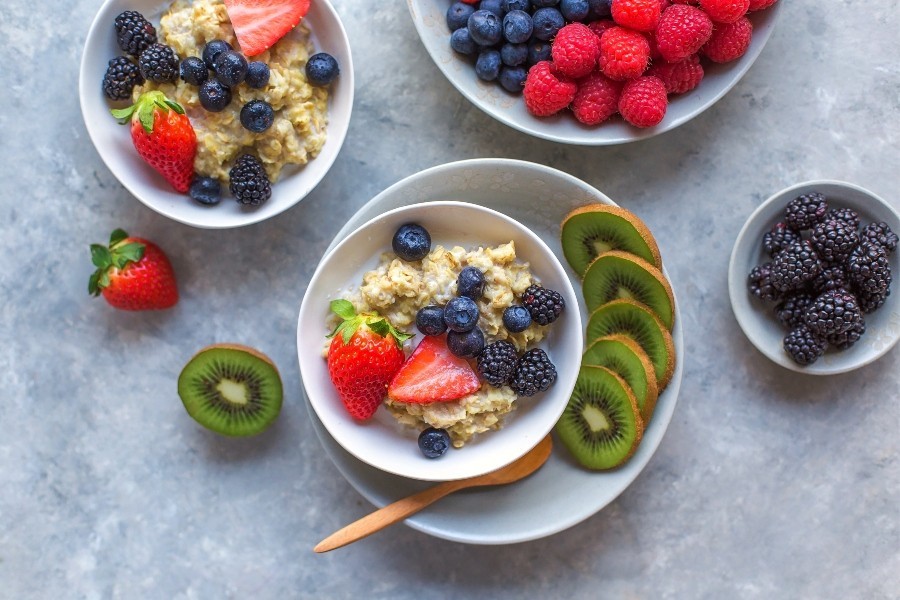
Depending on how much you are exercising, and how much you enjoy eating solids, you may want to include both solid food and pre workout shakes as part of your exercise regime.
Pre Workout Meals
When thinking about pre workout meals, you should be aiming for low fat, high protein foods and don’t skip the carbs. There are lots of ingredients that will help you stay full and hydrated pre-workout. Here are some suggestions to get you started:
- Apple with peanut or almond butter
- Peanut butter and banana sandwich
- Bananas
- Greek yogurt with berries (fresh or frozen)
- Porridge with low fat milk
- Nuts and raisins (two part raisins to one part nuts)
- Coconut water
You should also aim to drink plenty of water throughout your workout.
Pre Workout Shakes
A preworkout – a term also used specifically for a light snack that fitness experts use to fuel their exercise – is a great way to charge up for the gym or a sport. They are often a supplement based powder or pill that can be consumed with a liquid. Pre workouts can be made into shakes of varying flavours to keep them interesting, and offer a quicker way of getting nutrition before your start exercising.
Now, there are a lot of pre workout options out there so you need a way to shift the good from the great. Men’s Health advises watching out for supplements with added caffeine. You might not realise that you are consuming extra caffeine and so become jittery. Not ideal for a focused workout. Caffeine can help with cognition, but can also cause digestive issues. Be aware of how much you are consuming and you’ll be alright.
If you are vegan or want to ensure you are getting an organic boost in your pre workout shake, NORDIQ Nutrition says that their pre-workout protein powder is ideal. This is because they source ingredients for their pre workouts like Peruvian maca which is ‘Well known for its energising effects’ and that ‘maca targets the stress response system, helping to calm nervous tension while promoting sustained energy release’.
Remember, often a lot of research and consideration goes into making protein powders to make them effective for certain types of exercise too. NORDIQ Nutrition has targeted ingredients which enable high-intensity exercise, whereas a brand like Bulk Powders has crafted their product for water absorption to facilitate ‘submaximal lifting sessions’.
Post Workout Nutrition
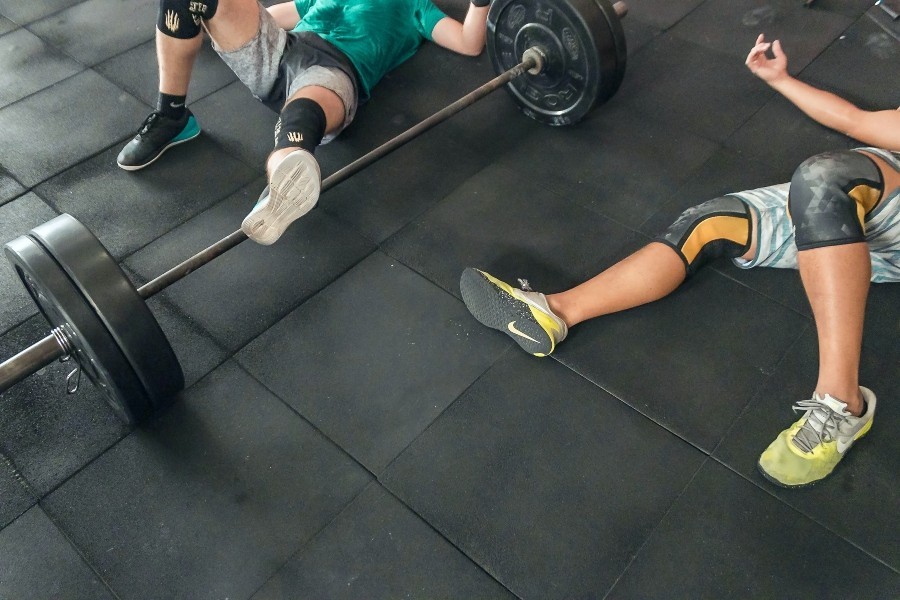
Anecdotally we can all probably remember a time when we were running around, swimming all day or returning from a hike and realising that we are really hungry. Post exercise, our bodies crave food. Getting that nutrition right and in time will help you to get the most from your workouts.
The time directly after you’ve finished your workout is often referred to as recovery. Improving your recovery with the right nutrition and hydration will allow you to improve your fitness, and at a faster rate.
Nutritionist and champion athlete Anita Bean says that ‘Failure to replenish fluid and fuel after training will result in sore muscles, fatigue and under-performance in your next workout.’ She also says that since exercise uses up glycogens (carbohydrates) and breaks down muscle, we need excellent post workout nutrition to help our bodies to recover and make bigger gains, so we can improve our strength and endurance for the next session.
‘Carbohydrates and protein are the main sources of fuel to take in after your workout’ advises Nuffield Health. They suggest using a 1:2/3 ratio rule to make sure you are getting the right balance of protein to carbs during recovery. For example, for 40g of protein, consume 120g of carbohydrates.
When To Eat Post Workout
You should aim to refuel as soon after you finish your workout as possible. You’re probably going to want to eat anyway. This might be right after or within an hour, depending on what works for you. If you are training, rather than just getting in a daily workout, then refuelling immediately after you workout isn’t as necessary. The more times you are exercising per day, and especially if you are exercising with less than 24 hour between sessions, the more likely you are to need food after your workouts to aid recovery.
Much has been made, and debated, about a post-exercise anabolic window, a period of time directly after exercise that is thought to be the most beneficial time to take in protein post-workout. Some fitness advisors will suggest this is a key time to take in nutrients, others might not. The best way to figure it out for yourself is to try taking a protein shake after your workout and seeing if it improves how you feel and how soon you recover – at least until more research is done.
What To Eat Post Workout
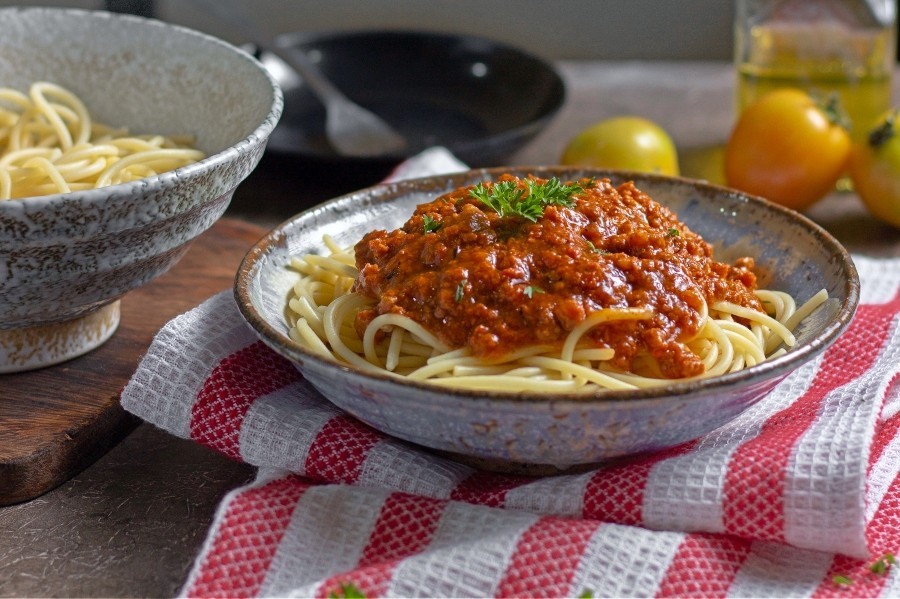
Eating for the anabolic window and a meal after your workout offer two different sets of food, mostly differentiated by carbs. Here are some examples of what to eat post workout:
- Within the anabolic window:
- Protein shake
- Lean meat/chicken breast
- Lentils
- Beans
- Low fat yogurt
- As a meal:
- Chicken, vegetables and rice
- Tuna pasta
- Bean stew
- Spaghetti Bolognese
- Peanut butter sandwich
Ready For A Better Workout?
Hopefully the above advice is the springboard you need to get your workout nutrition right for your workouts. What you eat post workout is as important as what you eat pre workout so don’t neglect one for the other, and always think about how your food choices made you feel while exercising. Consider if a protein shake helped you go harder one day, or if you didn’t really need a chicken breast after since you could get home for dinner in good time. Now, it’s up to you!
Disclaimer
The products offered are not intended to diagnose, treat, cure, or prevent any illness or disease, or replace the advice of a medical professional. Results are not guaranteed and may vary from individual to individual.

